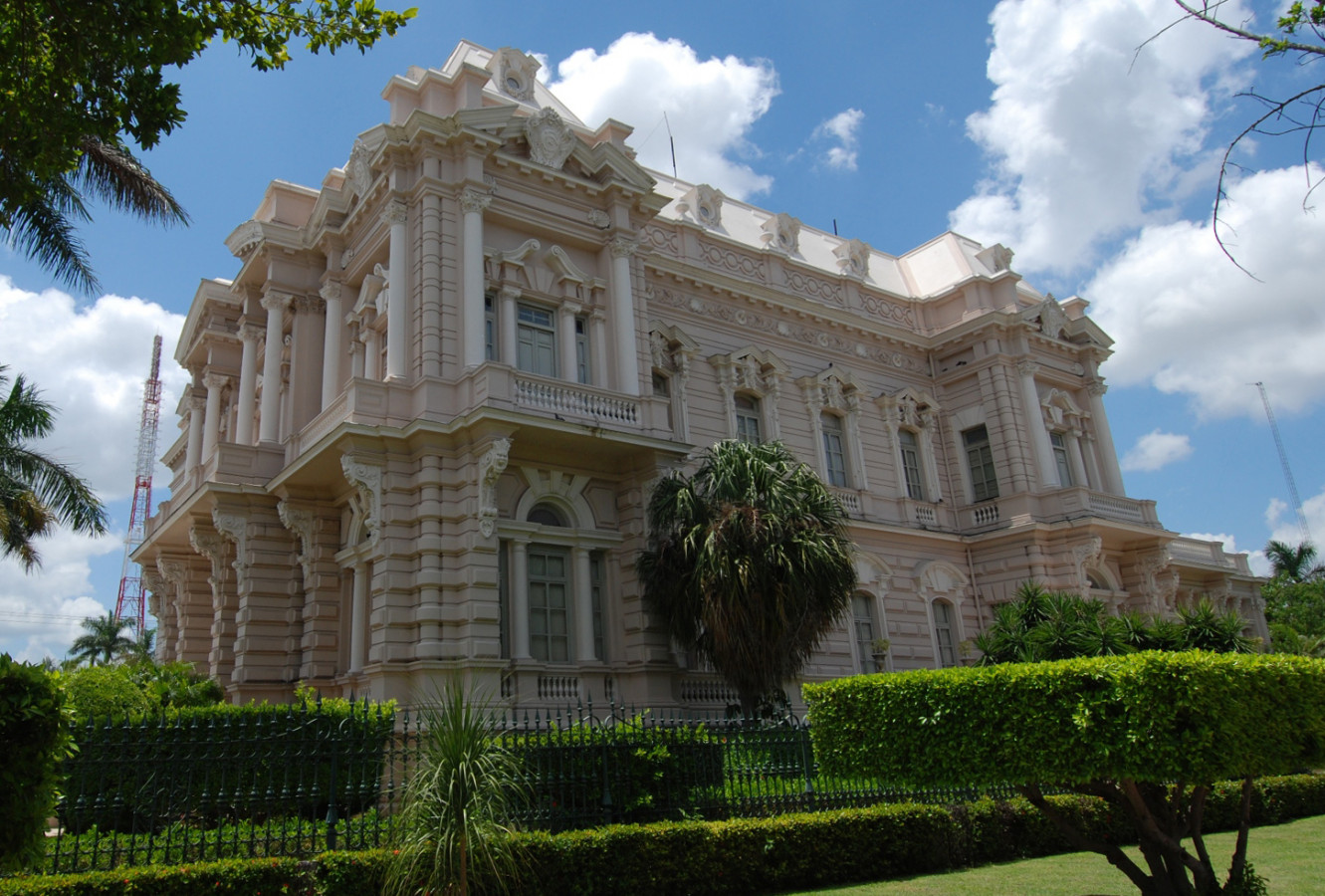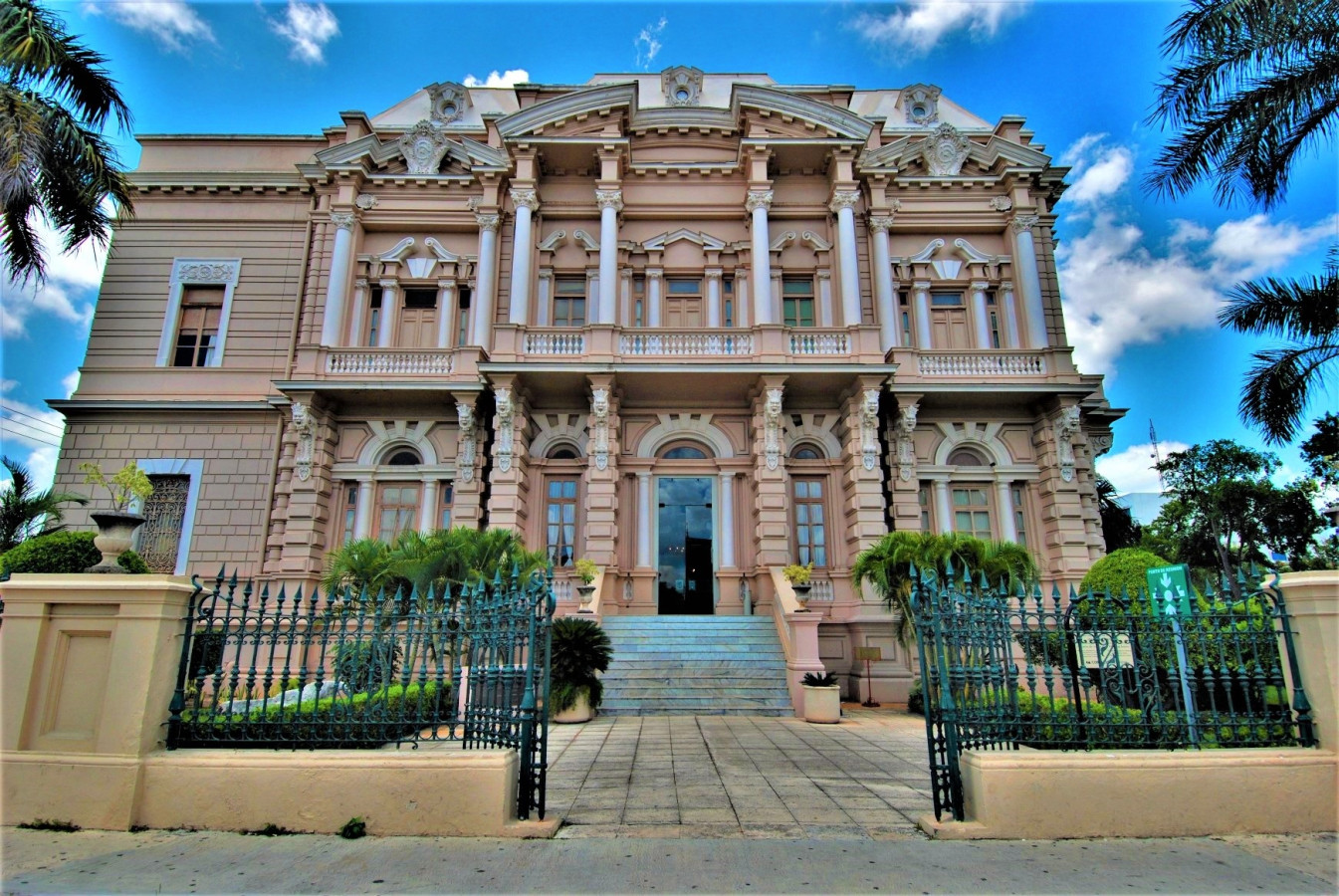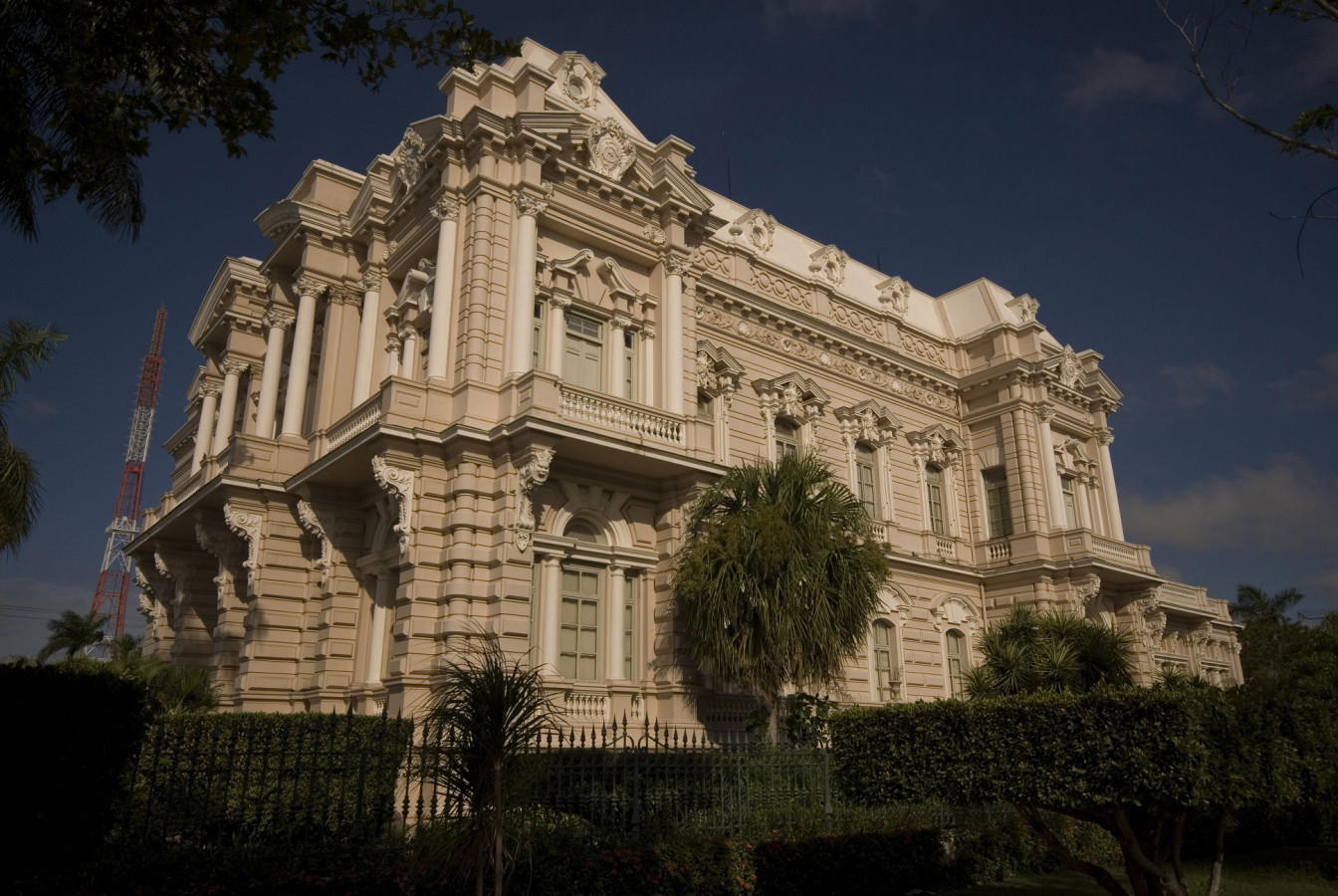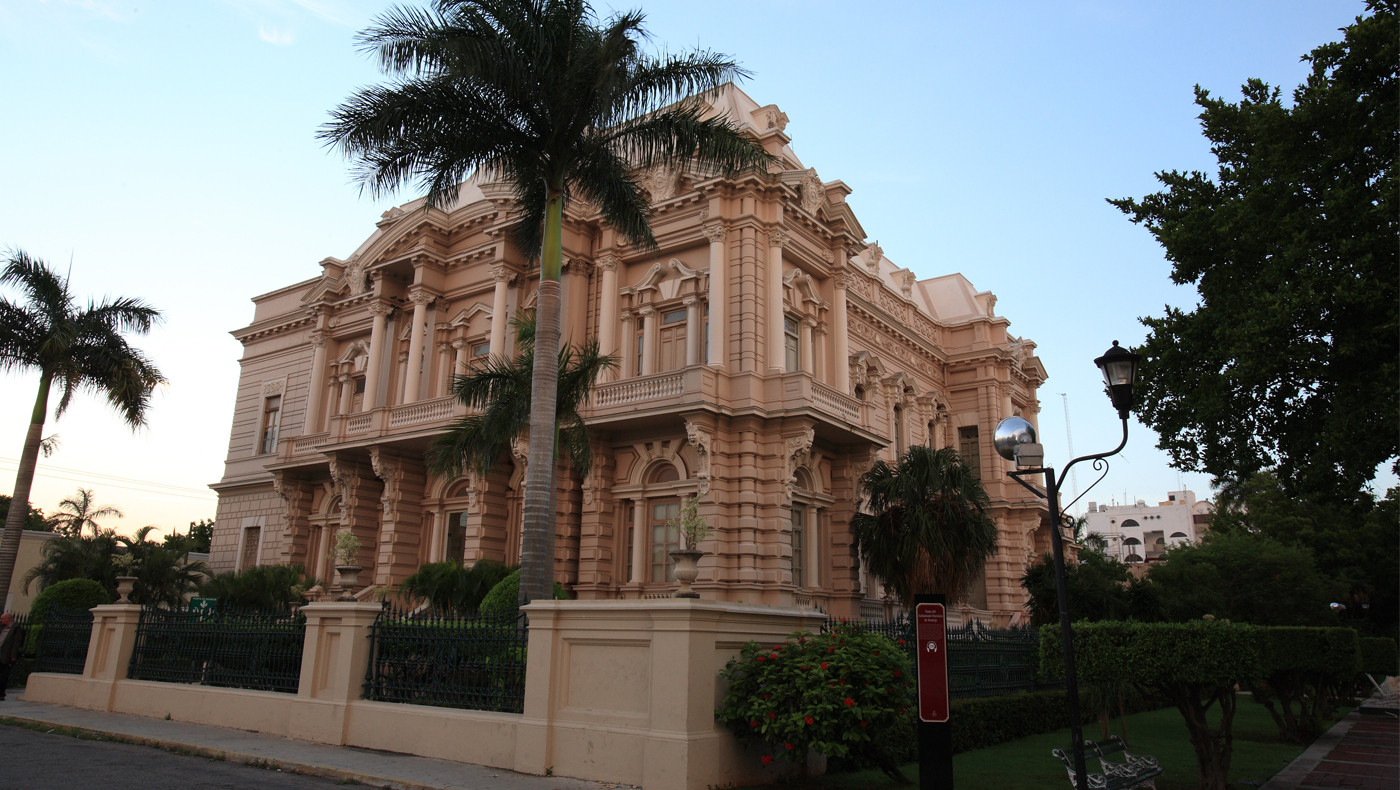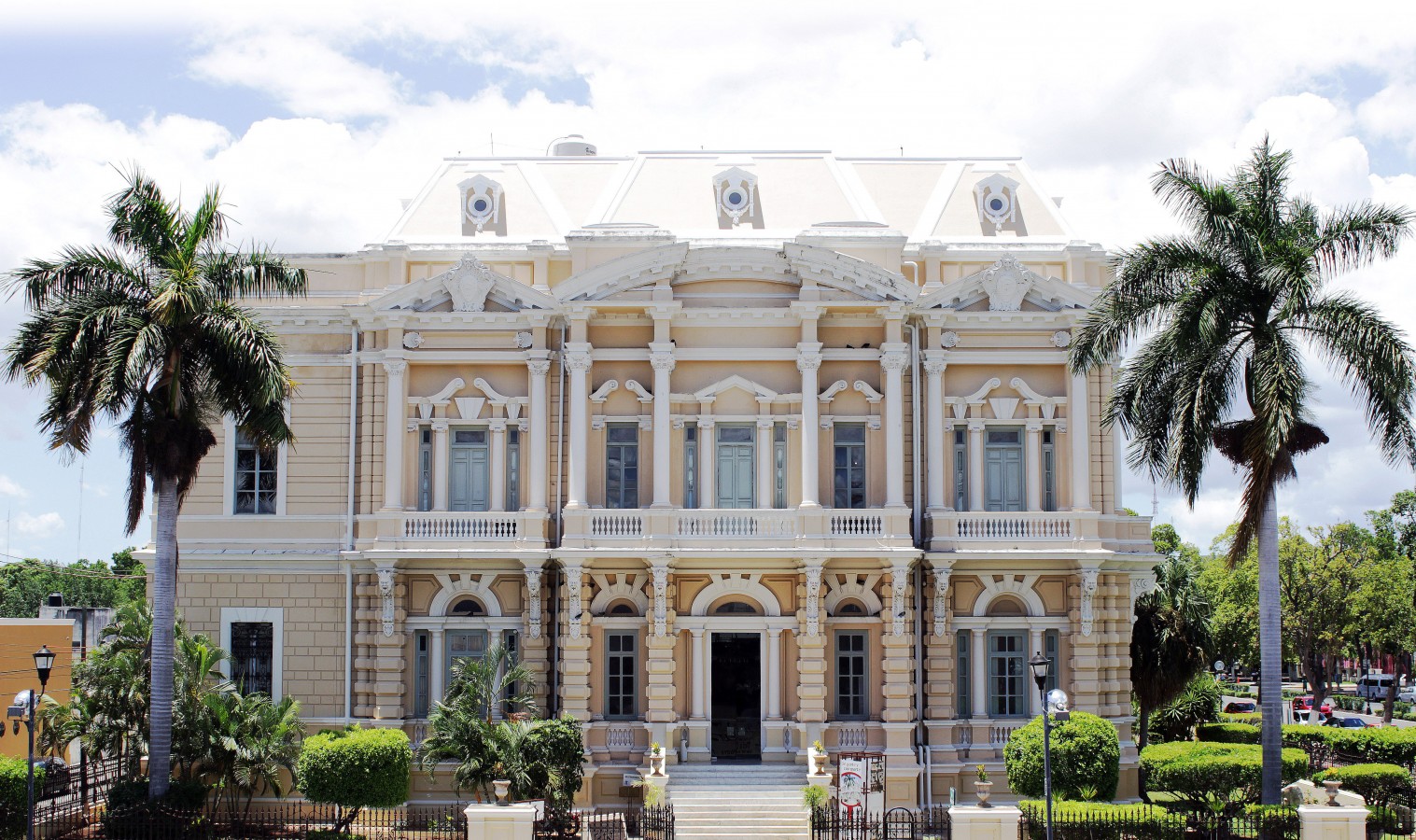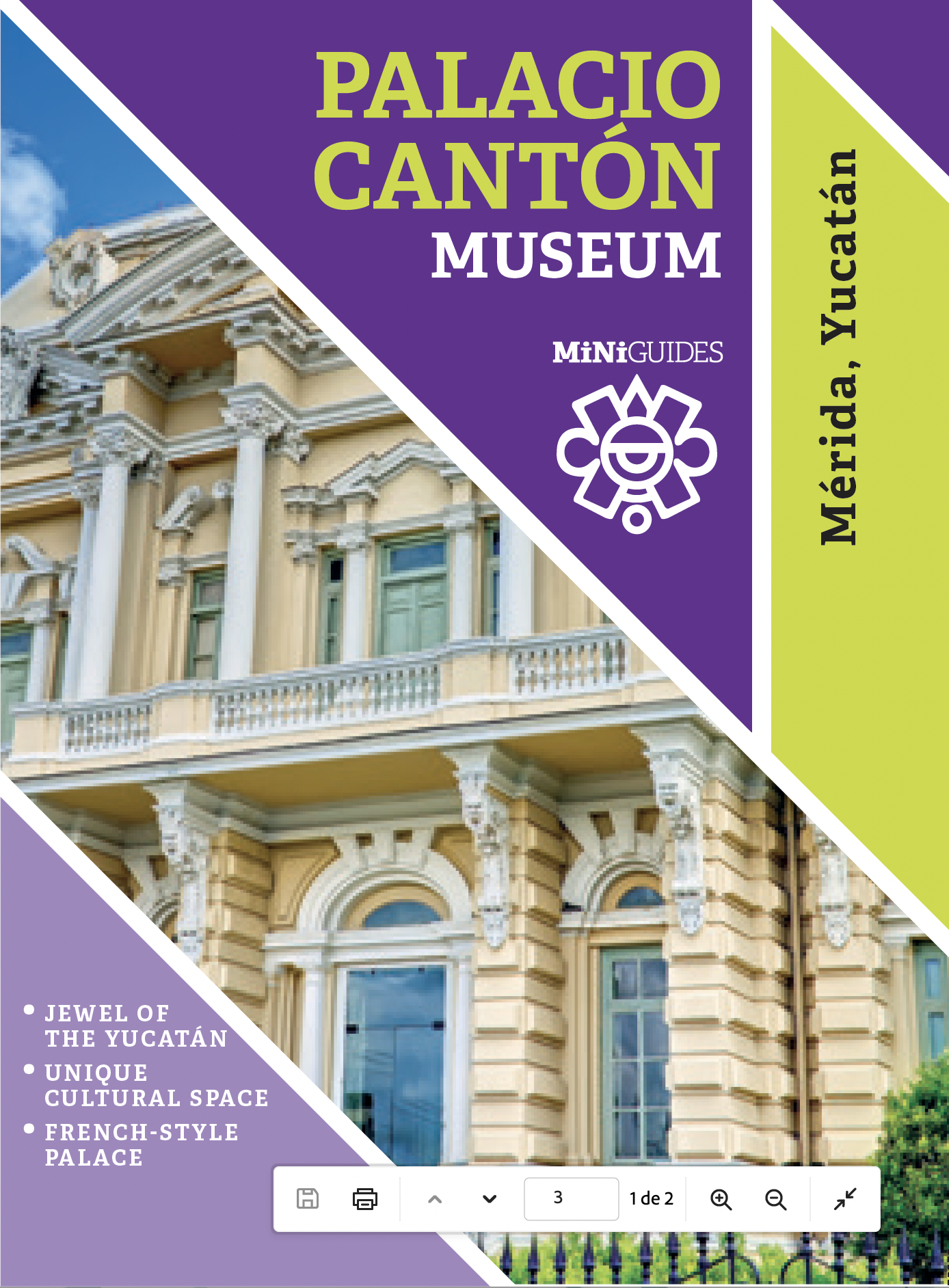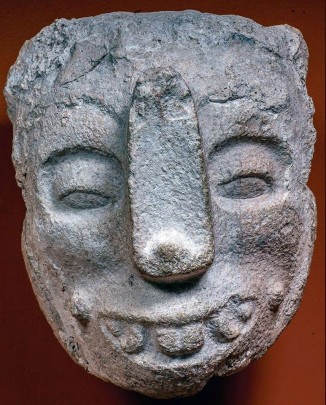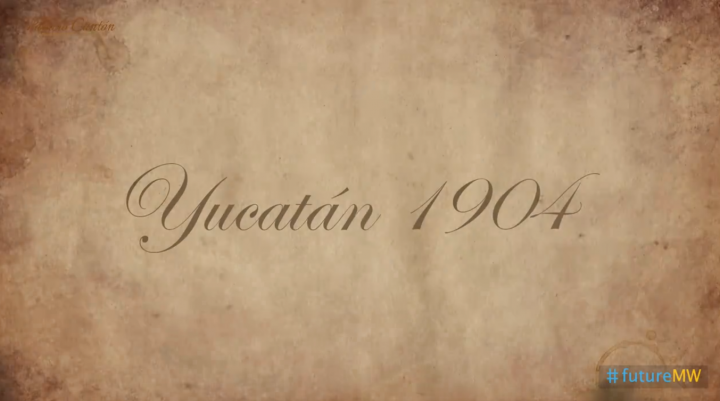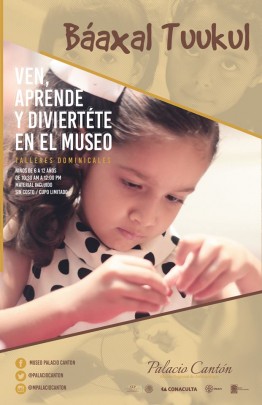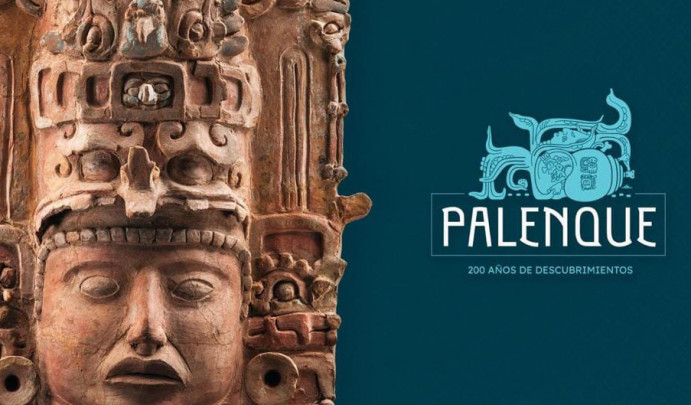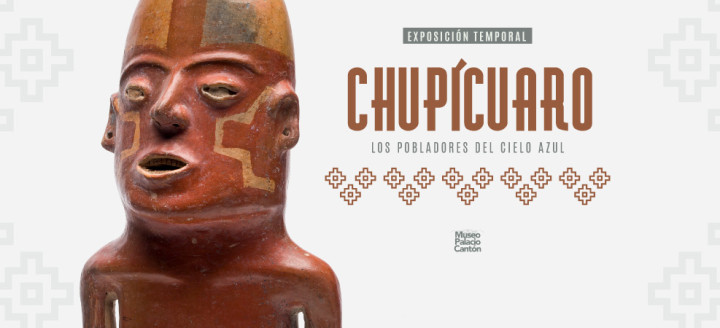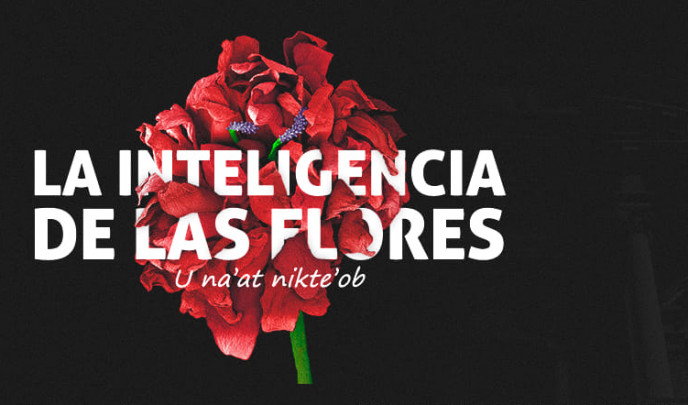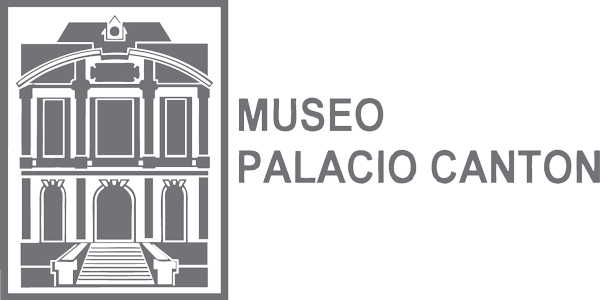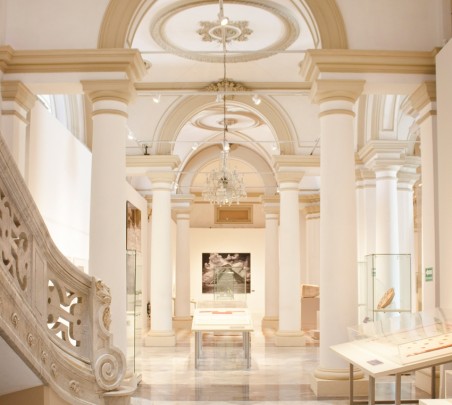Museo Regional de Yucatán, Palacio Cantón
A majestic Porfirian (late nineteenth-century building) holds a valuable collection of Maya pieces (some are on loan to the State Museum in Mérida), and hosts temporary exhibitions, lectures, concerts and workshops about the ancient and modern indigenous peoples of Mexico.
Regional
About the museum
The museum building is emblematic of the Yucatán state capital. Known as Palacio Cantón, it stands on the Paseo Montejo, one of Mérida’s main avenues. Construction began in 1904, as the official residence of General Francisco Cantón Rosado, a native of the city. The project was overseen by the Italian architect Enrico Deserti, and was implemented by local architect and nephew of the owner, Manuel G. Cantón Ramos. This mansion reflects the economic boom enjoyed by the elite as a result of henequen cultivation on the haciendas of Yucatán. The styling may be termed Francophile, but is better known as neo-French, and the inside and outside details are by the sculptor and artist Michele Guacomino.
The building was completed in 1911 and it was occupied by the general and his family until 1932. The government of the state of Yucatán acquired the property to convert it for public use. One of its first uses was as the state’s School of Fine Arts (1932-37), before it became the Hidalgo School (1937-48). In 1959 the Crescencio Carrillo y Ancona Yucatán Anthropology Institute took over the building to found the Yucatán Archeology and History Museum and the Center for Mayan Studies.
It was not until 1980 that the Yucatán Regional Museum began to be created at Palacio Cantón. There was an attempt to transfer it to another site, the former Juárez prison in 1988, but it was unsuccessful; and so the collection returned, and since then the museum exhibitions and activities have continued uninterrupted. The content underwent a change in 2012, with the introduction of major temporary exhibitions on a range of topics.
Today, 36 years after it first opened, the Yucatán Regional Museum in Palacio Cantón is an example of harmony between the past and the present. It is a dynamic space offering exhibitions, conferences, cultural and academic events to promote an understanding of the culture of pre-Hispanic and contemporary peoples.
Palacio Cantón is without doubt an emblem of the city of Mérida, the capital of Yucatán. It is, above all, a link that connects the region’s past to the present, while projecting the region into the future.
The building was completed in 1911 and it was occupied by the general and his family until 1932. The government of the state of Yucatán acquired the property to convert it for public use. One of its first uses was as the state’s School of Fine Arts (1932-37), before it became the Hidalgo School (1937-48). In 1959 the Crescencio Carrillo y Ancona Yucatán Anthropology Institute took over the building to found the Yucatán Archeology and History Museum and the Center for Mayan Studies.
It was not until 1980 that the Yucatán Regional Museum began to be created at Palacio Cantón. There was an attempt to transfer it to another site, the former Juárez prison in 1988, but it was unsuccessful; and so the collection returned, and since then the museum exhibitions and activities have continued uninterrupted. The content underwent a change in 2012, with the introduction of major temporary exhibitions on a range of topics.
Today, 36 years after it first opened, the Yucatán Regional Museum in Palacio Cantón is an example of harmony between the past and the present. It is a dynamic space offering exhibitions, conferences, cultural and academic events to promote an understanding of the culture of pre-Hispanic and contemporary peoples.
Palacio Cantón is without doubt an emblem of the city of Mérida, the capital of Yucatán. It is, above all, a link that connects the region’s past to the present, while projecting the region into the future.
March 1980
March 2025
Map
-
+52 (999) 928 6719
-
This email address is being protected from spambots. You need JavaScript enabled to view it.
-
FACEBOOK
Directory
Director del museo
Bernardo Sarvide Primo
This email address is being protected from spambots. You need JavaScript enabled to view it.
+52 (999) 928 6719
Enlace de la Dirección y Colecciones
+52 (999) 928 6719
Jefe de Administración
José Manuel Chanché Manzanero
This email address is being protected from spambots. You need JavaScript enabled to view it.
+52 (999) 928 6719
Jefe de Museografía
Michael Covián Benites
This email address is being protected from spambots. You need JavaScript enabled to view it.
+52 (999) 928 6719
Jefa de Comunicación y Vinculación
+52 (999) 928 6719

